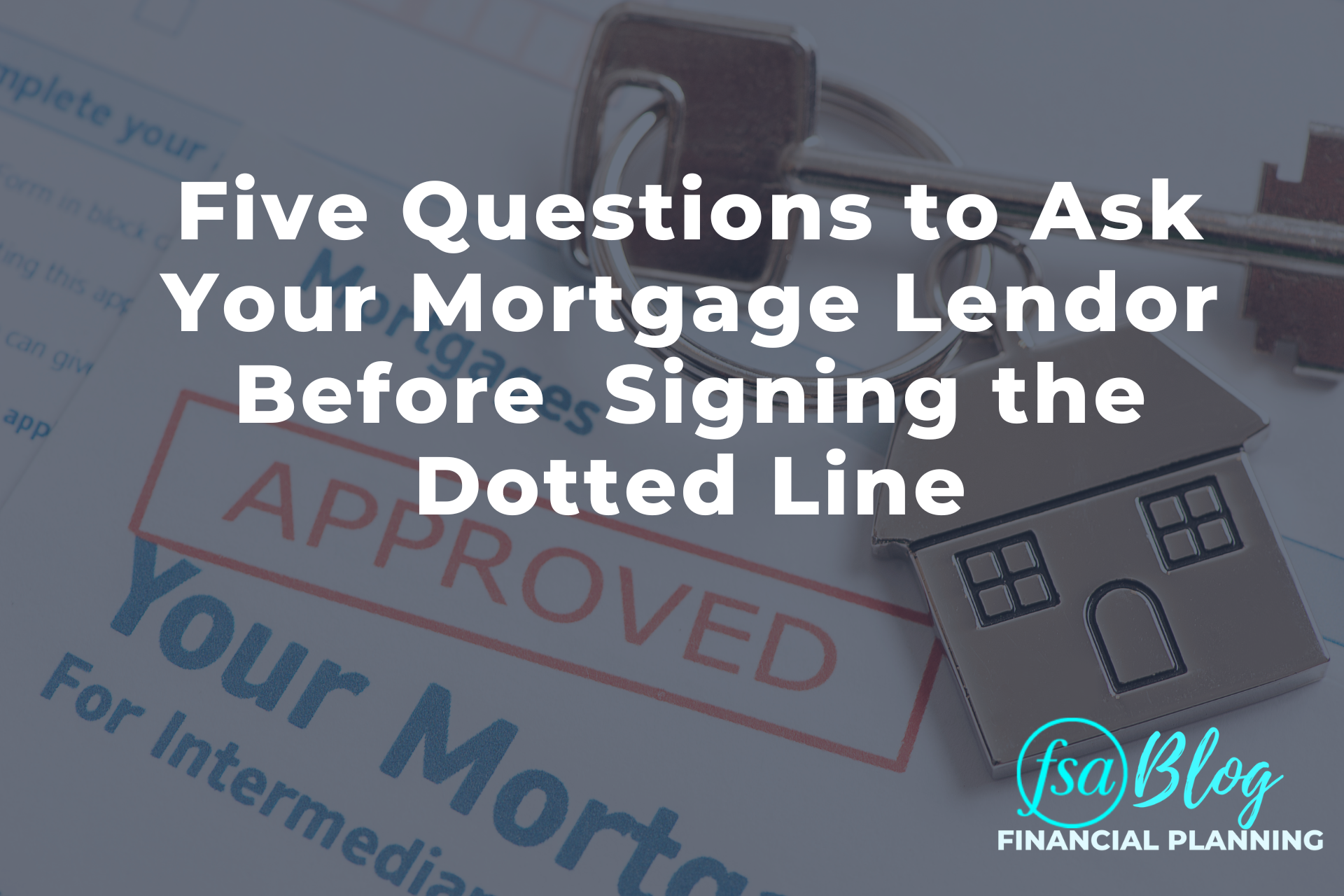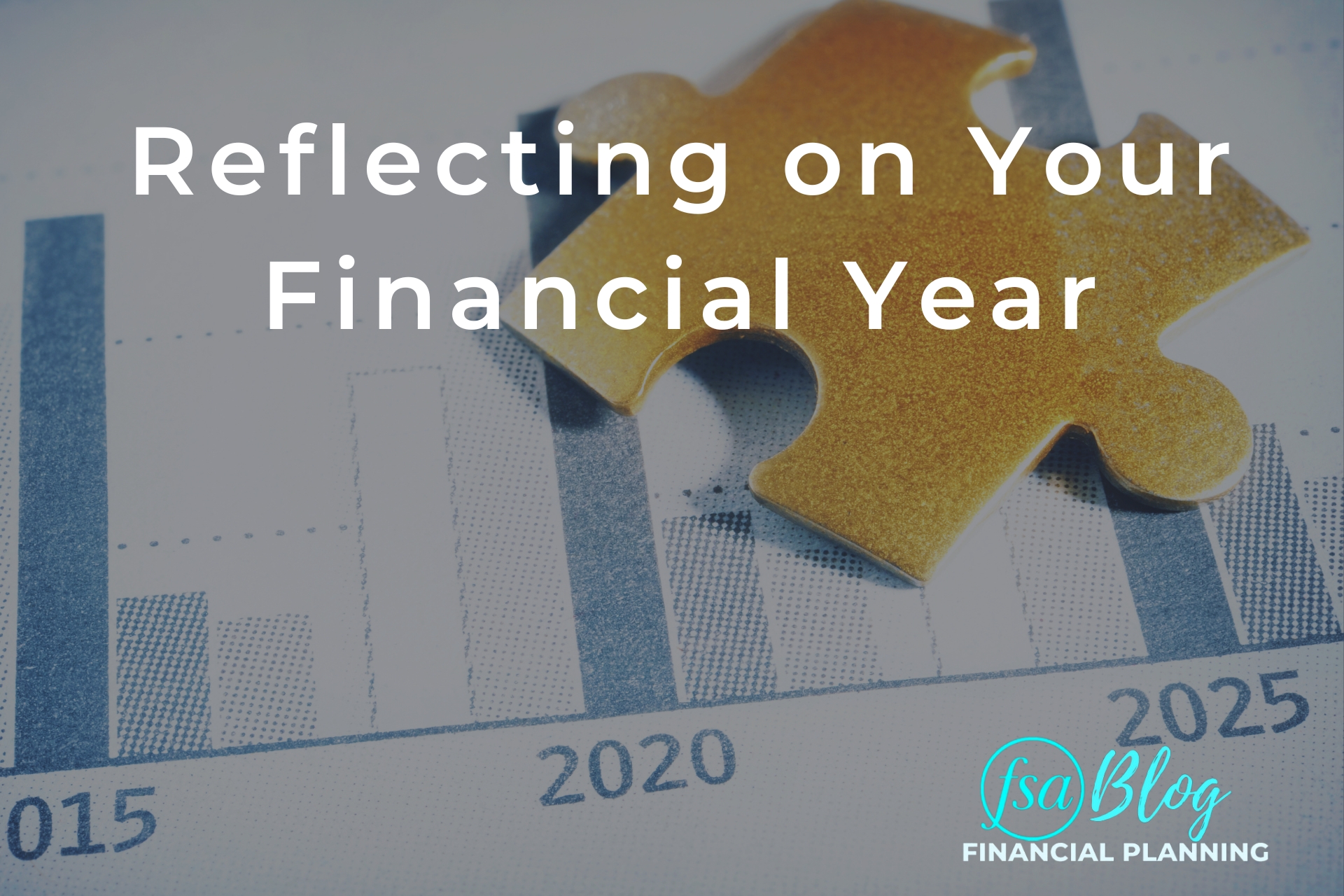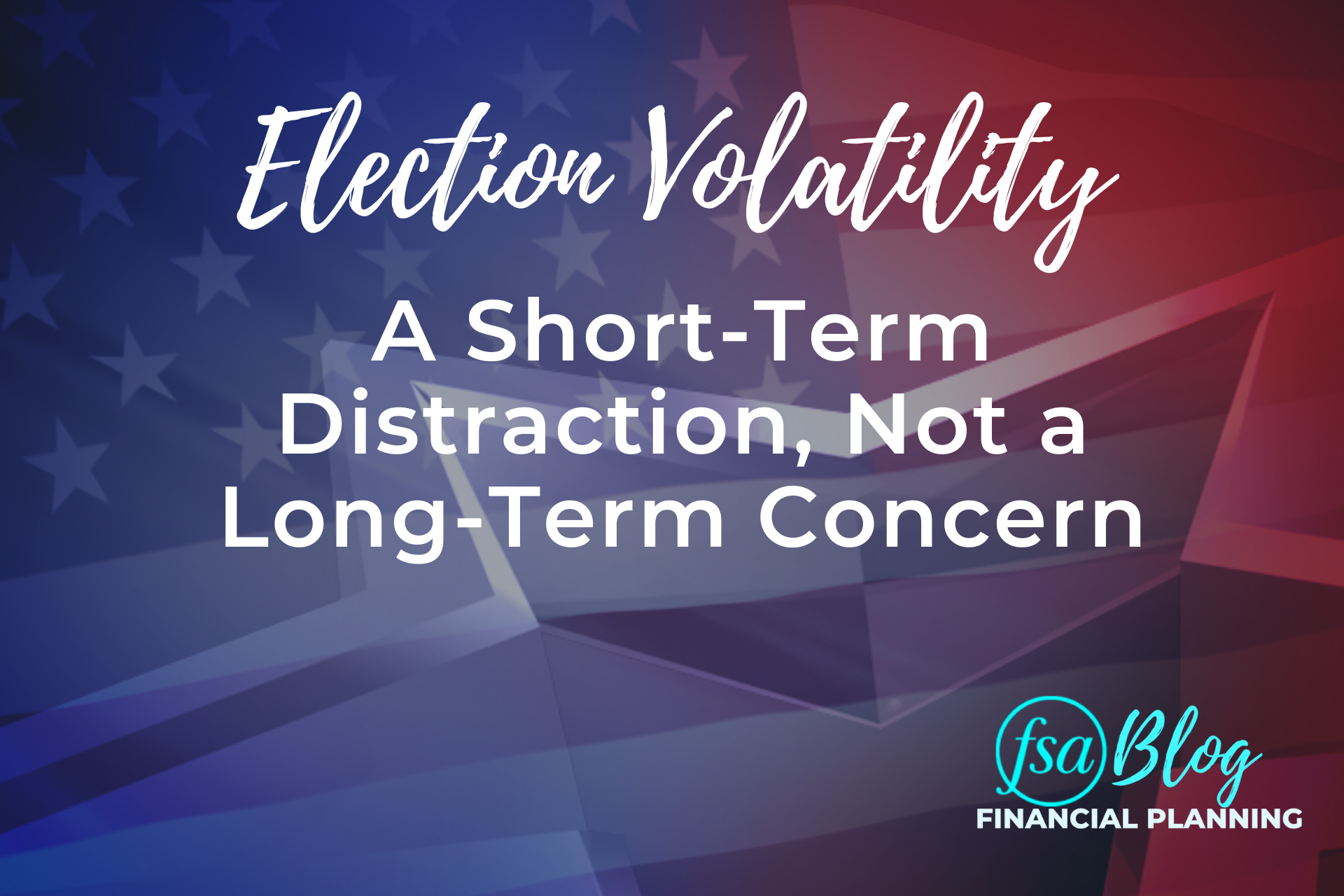Buying a home is one of the most significant financial commitments you’ll ever make. As exciting as it is, the mortgage process can be a complex web of numbers, terms, options, and way too many pages of disclosures. To ensure you’re making the best decision for your financial future, it’s crucial to be well-informed and ask the right questions.
Before you sign the dotted line, here are five questions to ask your mortgage lender:
1. What is the interest rate and the annual percentage rate (APR)?
While the interest rate is the cost of borrowing the principal loan amount, the APR provides a more comprehensive look at the cost of your mortgage. It includes the interest rate, as well as certain other fees such as broker fees, points, and some closing costs. Understanding both these figures will give you a clearer picture of the true cost of your loan over the term period. It will also help down the road when you start to ask yourself, “Should we pay off our mortgage early?”
2. What type of loan is best for me – fixed or adjustable?
The most common types of loans are fixed-rate and adjustable-rate mortgages (ARMs). With a fixed-rate mortgage, your interest rate will stay the same for the life of the loan, meaning the total principal and interest payment will always stay the same. ARMs, on the other hand, start out with a lower rate than a fixed-rate mortgage but can adjust down the road. The rates on an ARM could change periodically depending on fluctuations in a corresponding financial index. This may be a viable option if you feel that interest rates are currently high and are likely to fall in the coming years, giving you an opportunity to refinance. As always, each option has its pros and cons, so we recommend reviewing your long-term plan and risk tolerance with your lender and financial advisor to determine which option suits you best.
3. Are there any prepayment penalties?
A prepayment penalty is a fee that some lenders charge if you pay off all or part of your mortgage early. If you plan on making extra payments, refinancing in the future, or think you might move before the end of the loan term, it’s important to know if there are any penalties for doing so. In other words, find out how flexible your mortgage is.
4. What are the closing costs?
Closing costs encompass a variety of fees associated with finalizing your mortgage, and they can significantly impact the overall cost of your home purchase. Ask your lender for a detailed list of all expected closing costs, which might include appraisal fees, title insurance, and origination fees. This will give you an idea of how much cash you will need up-front along with your downpayment. After you add those numbers up, it is prudent to make sure you’ll have some cash left over for moving expenses, furniture purchases, and an emergency fund.
Furthermore, fees, interest rates, and closing costs are all good components of a mortgage to compare when shopping for mortgage lenders, so make sure you understand the details!
5. What happens if there’s a delay in closing?
Real estate transactions don’t always go as smoothly as we’d like. Delays can happen for numerous reasons – from paperwork mishaps (something as simple as a missing HOA document) to issues found during a home inspection. It’s essential to understand how a potential delay might affect your mortgage rate and if there are any fees associated with pushing back the closing date. In some events (such as a rising interest rate environment), it could make sense to pay a fee to lock-in your interest rate while the dust settles and a new closing date is scheduled.
Five Questions, One Conclusion
Getting the keys to your new home is super exciting, but you don’t want to deflate those feelings shortly after with buyer’s remorse. By asking these five questions, calculating how the home purchase will impact your personal finances (we can help you with that part!), and having a true understanding of the commitment, you’ll be better equipped to make the best decisions for you and your family.
Remember, your mortgage lender is there to guide and assist you, so never hesitate to ask questions on any aspect of your loan. If you need help planning for an upcoming home purchase, you can send an email to questions@FSAinvest.com or click here to schedule a call with one of FSA’s CERTIFIED FINANCIAL PLANNER™ professionals.
FSA’s current written Disclosure Brochure and Privacy Notice discussing our current advisory services and fees is also available at https://fsainvest.com/disclosures/ or by calling 301-949-7300.




